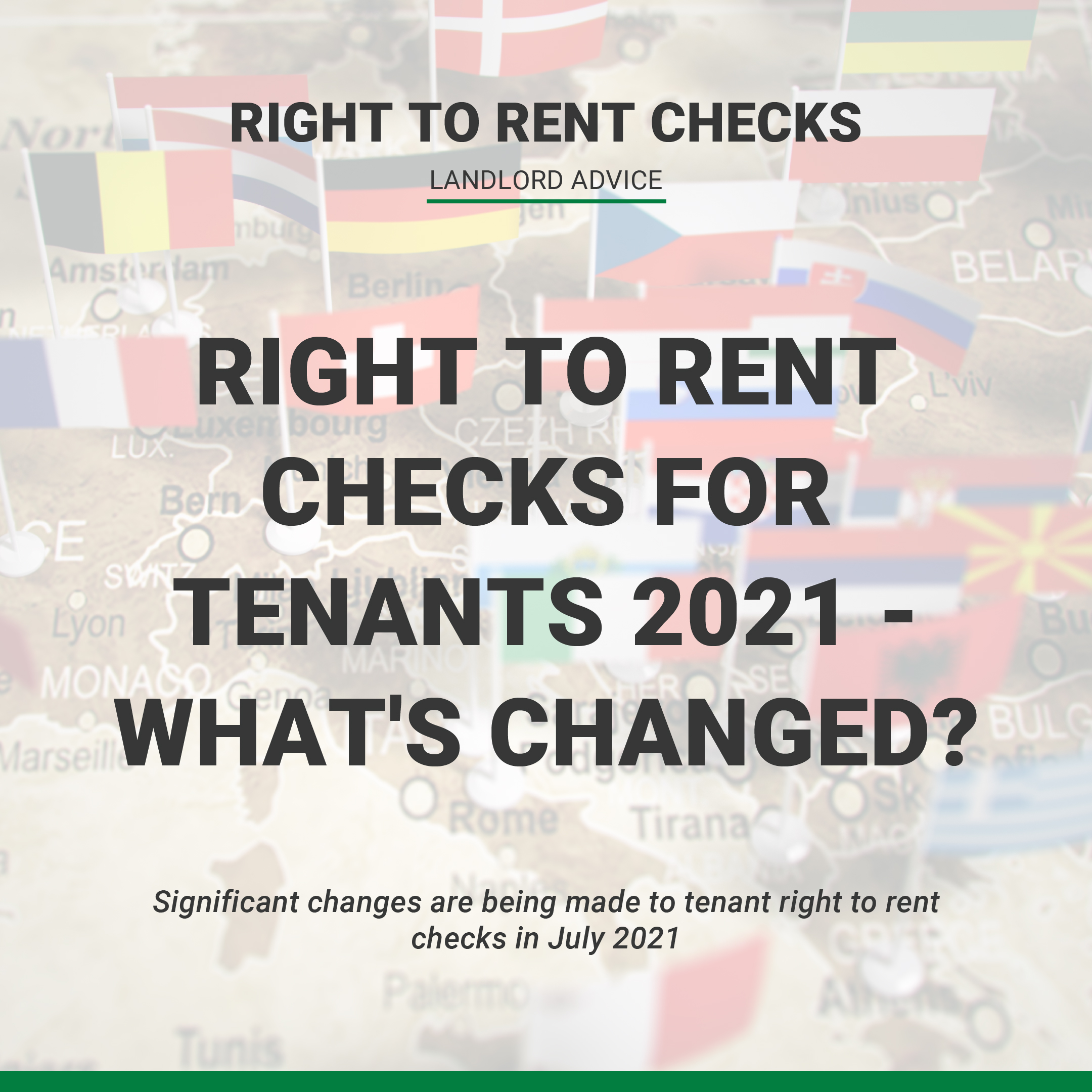The Ban On Tenant Fees
Date: 5/12/17 Category: Fees Ban, Lettings News

With approximately five million households in Britain privately renting, this is a hot topic, both for letting agents and tenants. It has been robustly discussed for a while now by both sides but, in June this year, changes to protect tenants were outlined in the Queen’s Speech in the Tenant’s Fees Bill.
What are Letting Fees?
When a property is rented out by a letting agent, various charges are raised including those for credit checks, reference fees, mandatory inventory fees and the agent’s own administration fee. All these are usually passed on to the tenant. According to the Chancellor, Philip Hammond, around 4.3million households pay an average of £233 per annum on these charges.
What will the Tenant’s Bill change?
The new bill is designed to provide a fairer deal for tenants. In banning fees, it will provide transparency, protecting tenants from hidden charges by agents. It will also allow tenants to recover any fees that have previously been charged unlawfully. That said ARLA Propertymark, who represent letting agents, contest the vast majority of agents are fair and are being penalised for the behaviour of a very small number of agents. ARLA also point out it is essential that, whilst any bill is shaped to make it fair to consumers, it still supports businesses to carry out the work necessary to create and maintain successful tenancies; including legal requirements such as Right to Rent checks.
What do those in favour of the Bill think?
Tenants say they can be charged as much as £700 (and up to £2,000 in London) by an agent and, as the charity, Citizen’s Advice Bureau, has explained, many tenants feel that, currently, the agents hold all the cards. So, in some cases, this can leave the tenants open to high fees by unscrupulous agents. The CAB also found that 42% of tenants had had to borrow money in order to pay these fees.
The charity, Shelter, also endorses this new bill, reporting that one in four tenants felt they’d been charged unfair rates by a letting agent.
What do those against the Bill think?
ARLA are warning of around 3,000 job losses should this bill go ahead. They also point out that, as going forward, landlords will have to pay these charges, landlords will lose up to £200 million and will, therefore, be likely to increase rents in order to recoup this money.
What are the Next Steps?
The bill needs to be passed by Parliament and whilst this was originally slated for later this year, it is now looking like it will be discussed in Spring 2018 at the earliest. As it featured on the manifesto of all parties at the last election the feeling is that it is likely to be passed but ARLA have several good alternative suggestions to an outright ban, for example putting a cap on administration fees, and will continue to be heavily involved in all ongoing discussions aiming to ensure a fair outcome for their members.
As David Cox, ARLA Propertymark’s Chief Executive, says “A ban on letting agent fees is a draconian measure, and will have a profoundly negative impact on the rental market. It will be the fourth assault on the sector in just over a year, and do little to help cash-poor renters save enough to get on the housing ladder. This decision is a crowd-pleaser, which will not help renters in the long-term. All of the implications need to be taken into account.”
The Government released this press release on Nov 1st: Government action to end letting agent fees
Related Articles
Share this article:
Back to blog













